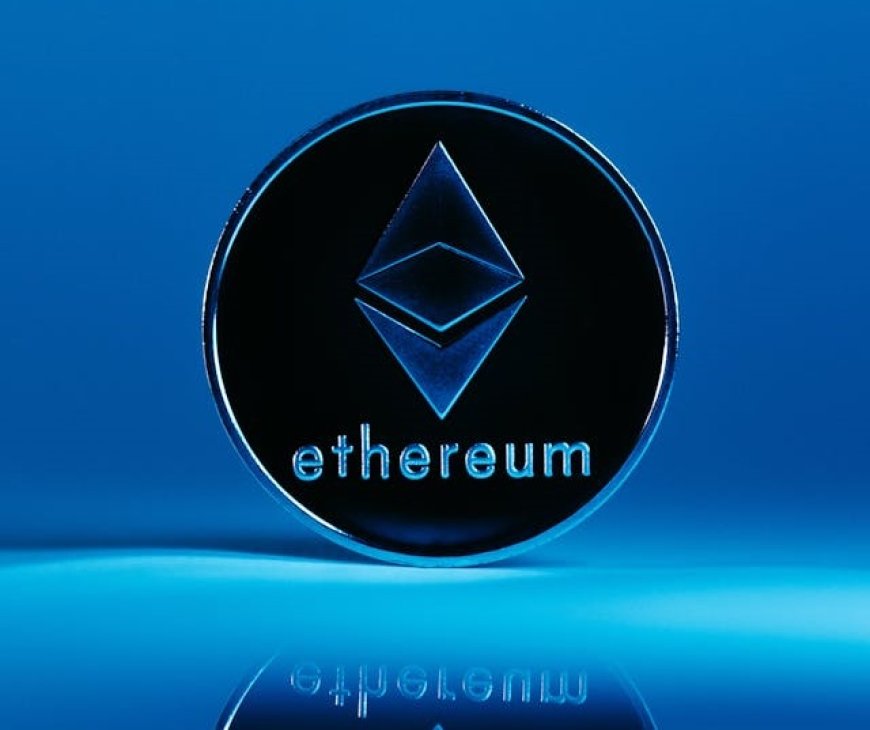Ethereum (ETH): The Future of Decentralized Finance and Smart Contracts

What's Your Reaction?







Join our subscribers list to get the latest news, updates and special offers directly in your inbox

Ethereum (ETH) is the second-largest cryptocurrency by market capitalization and is widely recognized as the foundation of decentralized applications (dApps), smart contracts, and the DeFi ecosystem. Launched in 2015 by Vitalik Buterin and a team of developers, Ethereum introduced a new level of programmability to blockchain technology, allowing developers to build decentralized solutions for finance, gaming, NFTs, and more.
In this guide, we will explore Ethereum’s history, how it works, its benefits, and why it continues to be a dominant force in the crypto industry.
Ethereum is a decentralized blockchain platform that enables developers to create and deploy smart contracts and decentralized applications (dApps). Unlike Bitcoin, which primarily functions as a digital currency, Ethereum serves as a global computing network where applications can run without downtime, fraud, or censorship.
Ethereum operates on a blockchain network where transactions are processed and stored on a decentralized ledger. Unlike Bitcoin, Ethereum’s blockchain supports programmable smart contracts, which execute automatically when predefined conditions are met.
Ethereum’s value is driven by its utility, adoption, and role in the digital economy.
Ethereum introduced smart contracts, which power decentralized applications (dApps) in sectors like finance, gaming, supply chain, and more.
Ethereum is the foundation of DeFi, allowing users to lend, borrow, trade, and earn interest without traditional banks. Popular DeFi platforms include Uniswap, Aave, and Compound.
Ethereum is the backbone of the NFT (Non-Fungible Token) industry, enabling digital ownership of art, music, and collectibles. Major NFT marketplaces like OpenSea, Rarible, and LooksRare operate on Ethereum.
Ethereum’s shift to Proof of Stake (PoS) in 2022 made it more eco-friendly, consuming 99.95% less energy than its previous Proof of Work system.
Ethereum is widely used by businesses, governments, and developers to build blockchain-based solutions. Tech giants like Microsoft, JP Morgan, and Meta are actively exploring Ethereum-based projects.
Ethereum can be purchased from top cryptocurrency exchanges such as:
Ethereum is stored in digital wallets, which can be categorized into:
Cold wallets offer the highest security as they remain offline, making them less vulnerable to hacks.
Ethereum’s price predictions vary, but most analysts believe ETH has strong long-term potential due to growing adoption in DeFi, NFTs, and Web3.
Ethereum and Bitcoin serve different purposes. Bitcoin is a store of value and digital gold, while Ethereum is a programmable blockchain for smart contracts and dApps.
Yes, Ethereum 2.0 allows users to stake ETH and earn rewards for securing the network.
While no one can predict the exact price, many experts believe Ethereum could surpass $10,000 as blockchain adoption increases.
Yes, Ethereum is highly secure, but smart contracts built on Ethereum can have vulnerabilities. Always use audited platforms.
Yes, Ethereum is accepted by some merchants and can be used for transactions, though gas fees can make small payments costly.
Ethereum is one of the most promising and widely used blockchain platforms, with strong adoption in DeFi, NFTs, gaming, and Web3. Whether you're looking to invest, develop, or participate in decentralized finance, Ethereum remains a top choice in the crypto space.







